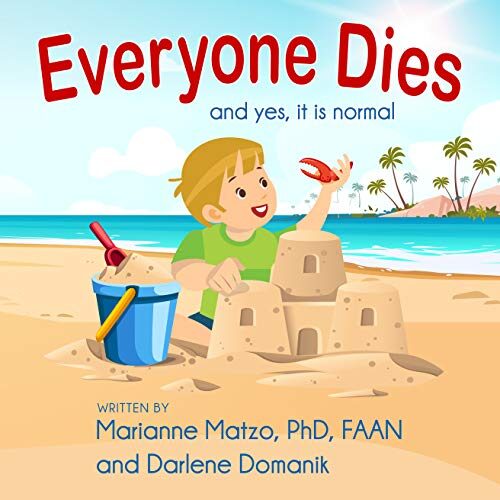How does the human eye work? What can your eyes reveal about your health? Did you know that you can see the optic nerve that is part of the brain during a comprehensive eye exam –– how cool is that?
Eye and vision care across the life span should be an integral part of healthcare. For many people in America, that access falls short. In babies and children it’s especially critical that vision issues be detected early.
Eye exams detect unsuspected problems that can affect a child’s ability to read and study, see the board in class, excel in sports and reach their full potential at school. During early childhood development, 80 percent of learning is visual.
Andrea P. Thau, O.D., president of the American Optometric Association, Associate Clinical Professor at the State University of New York College of Optometry and in private practice in NYC joins host Barbara Glickstein on this segment of HealthCetera to talk about vision health.
Tune into WBAI 99.5FM streamed at www.wbai.org Thursday, September 1 or listen to the interview on HealthCetera iTunes channel here:
Podcast: Play in new window | Download (Duration: 24:25 — 55.9MB)
Subscribe: RSS
RESOURCES:
InfantSEE®, a public health program, managed by Optometry Cares® – the AOA Foundation, is designed to ensure that eye and vision care becomes an essential part of infant wellness care to improve a child’s quality of life. Under this program, participating optometrists provide a comprehensive infant eye assessment between 6 and 12 months of age as a no-cost public service. Click here to learn more and locate a doctor in your area who can provide the free infant assessment.
To scheduled a comprehensive eye examination, The American Optometry Association has a directory of optometrists.






